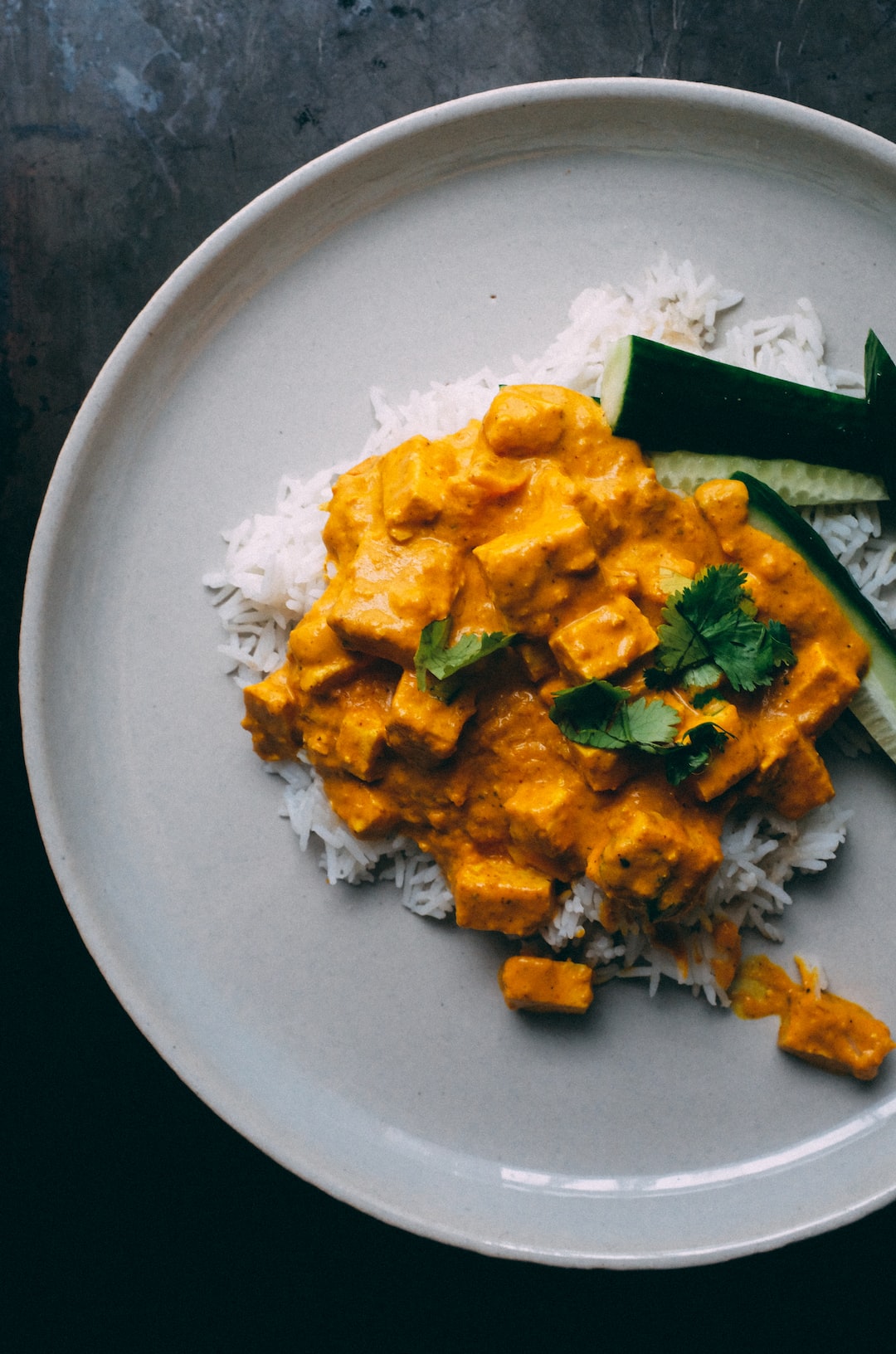Charcuterie boards have become all the rage in recent years, and for good reason. They are versatile, visually stunning, and delicious. They are perfect for any occasion, from a casual night in with friends to an elegant, formal party. The beauty of a charcuterie board is that there are no strict rules. You can customize it to your liking, and there is something for everyone. In this post, we will walk you through how to build a charcuterie board like a pro.
Choose Your Board
Before you start assembling your charcuterie board, you need to choose the right board. The most popular options are wood cutting boards, slate boards, and marble slabs. Each has its advantages and disadvantages, so it all depends on your preference. Wood cutting boards are the most popular. They give a rustic, farmhouse feel, and they are relatively inexpensive. However, they can be porous and retain flavors from previous uses. Slate boards are non-porous, so they don’t retain flavors, and they are perfect for labeling each item. Marble slabs are the most elegant and perfect for more formal occasions. They are non-porous and food safe, but they can be heavy and expensive.
Choose Your Meats
Meat is the star of any charcuterie board, so you need to choose carefully. Salami and prosciutto are popular choices and can be found at any deli. However, if you want to take your board to the next level, you can try different cured meats like chorizo, soppressata, or even bresaola. Don’t be afraid to mix different textures and flavors for a unique experience.
Choose Your Cheeses
Cheese is a must-have on any charcuterie board, and there are so many options to choose from. Soft cheeses like brie or goat cheese pair well with fruits and nuts, while harder cheeses like cheddar or gouda pair well with savory meats. You can even try adding blue cheese or feta for a more unique flavor. A good rule of thumb is to choose a variety of textures and flavors to appeal to everyone’s taste buds.
Add Some Fruits and Nuts
Fruits and nuts are the perfect complement to meats and cheese. Grapes, apples, and berries are popular choices, but you can also add figs, dates, or dried apricots. Nuts like almonds, cashews, and walnuts add a nice crunch to the board. Don’t forget to add some honey or jam for a touch of sweetness.
Add Some Olives and Pickles
Olives and pickles are a great addition to your charcuterie board. They are salty and savory, making them the perfect complement to meats and cheese. Try adding different types of olives like kalamata or green olives stuffed with garlic. You can also add sliced pickles or even pickled vegetables like carrots or radishes.
Add Some Crackers and Bread
Crackers and bread are essential for any charcuterie board. They give your guests something to pile their meats and cheese on. You can opt for traditional crackers like water crackers or try something unique like crostini or baguette slices.
Arrange Your Board
Now that you have all of your ingredients, it’s time to arrange them on your board. Start by placing your cheeses on the board. You can slice them or leave them whole for your guests to cut. Next, add your meats. Fold them into interesting shapes or roll them into pinwheels. Add your fruits, nuts, olives, and pickles around the cheese and meats. Finally, add your crackers and bread. Arrange them in neat stacks or a fun pattern.
Remember, there are no strict rules for arranging your board. The key is to have fun and be creative.
Label Your Items
If you’re having a party, it’s a good idea to label each item on your charcuterie board. This makes it easier for your guests to know what they’re eating and avoid any potential allergens. You can use small signs or use a marker on your slate board.
In Conclusion
Building a charcuterie board is simple, but it requires some careful planning and preparation. The key is to choose the right ingredients and arranging them in a visually appealing way. Remember to have fun and be creative with your board. Your guests will surely be impressed, and you’ll have a delicious spread for everyone to enjoy.

